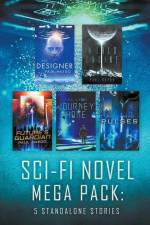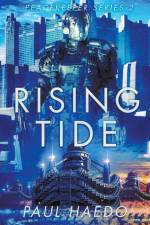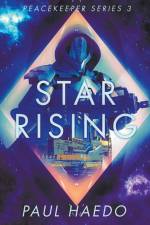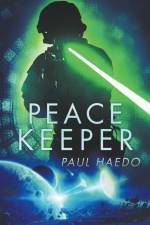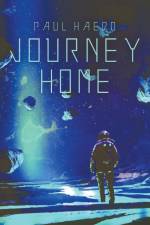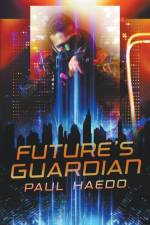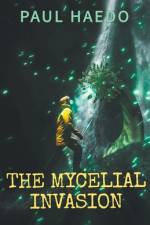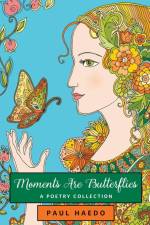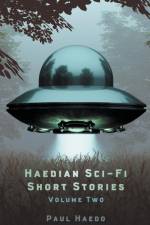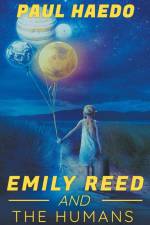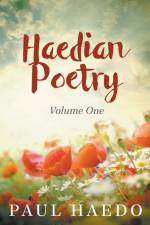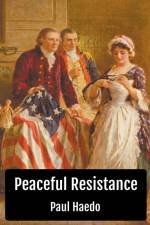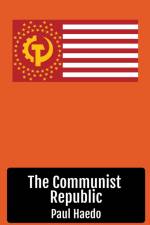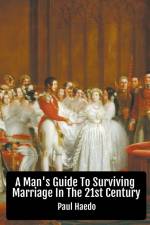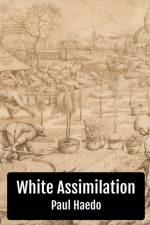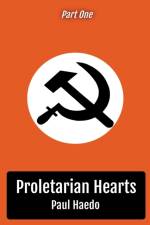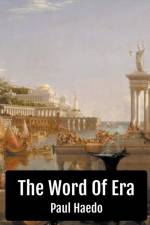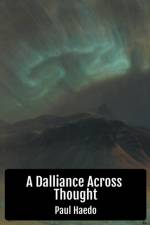av Paul Haedo
311
For those who are curious as to the source of inspiration regarding the Eranian religions/civilizations that are featured often throughout my works of fiction, this book is it. Contained therein is the religious texts that I use as a basis for the different forms of Eranianism throughout my stories, in many cases modified from the text itself depending in the story, but always inspired either by a specific story contained here or a certain passage.The Word of Era has many different overarching themes, and the style flows similarly to other books such as the Holy Bible, the Holy Qur'an, The Tao, and other such religious books. There is a mix of passages containing wisdom, passages containing a specific story in the past that serves to teach a lesson, or show an error committed that should not be repeated, and there are stories that are set in the future, warning of possible events that may come.Prominent themes contained in The Word of Era include:Ethnic Nationalism: This theme features prominently in the story, whether it is Eranian Tribalism against other peoples, or other people's tribalism against the Eranians, tribalism and the many dangers that can arise from it are a prominent theme throughout the book.Collective Empowerment: This theme is another prominent feature in The Word of Era, whether it be the doctrine of Mass Prophecy, where all adherents of Eranianism can contribute to the religious texts as they are considered full-fledged prophets, or the many times when a unified Eranian community fights off those who attack them, collective empowerment is a prominent feature in this book.Struggle between the Gods: This theme is another prominent feature throughout the book. Era, being the signature deity of The Word of Era, is a Goddess, and she exists in a world with many different Gods, all who fight each other for power, influence, and follower count. Much as the Gods of the Olympian pantheon may have rivalries amongst themselves, the same occurs for all of the Gods in existence, in their vast multitude. Thus, the struggle of Gods is a prominent feature in The Word of Era.War and the effects of it: War is a constant feature of human civilization, the past especially so. Thus, war and its effects, feature prominently throughout the book. Whether it is the negatives of war, the death, the suffering, the destruction of beauty and hope, or the positives, the strengthening of will, the creation of heroes, and the safeguarding of civilizations, war is a prominent feature in The Word of Era.Hope for good things to come in the future: This theme features prominently as well, whether it is the doctrine of Eranians regaining the thrones of Gods which they have lost, or the constant desire to improve, both self, family, tribe, and civilization; hope and anticipation of a future that will be better than the past and present is a prominent feature in this book.Finally, this book is recommended for those who enjoy reading Religious Books, whether it be the books of the Abrahamic Faiths, Pagan Books, Eastern Religions such as Buddhism or Confucianism; or the many different Religious texts features across works of fiction, The Word of Era is like them, with its own flavor and style. If one enjoys such books, then The Word of Era is for you.

